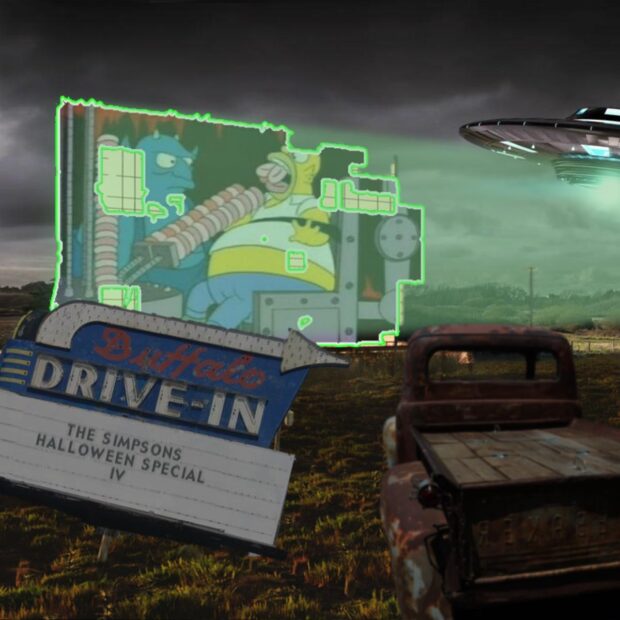The Amateur behaves a little too profesionally for its own good.
James Hawes’ The Amateur opens with a quiet promise – a brooding, simmering Rami Malek in the kind of role that should, theoretically, be a slam dunk: a deskbound cryptographer driven into the field by personal tragedy. It’s a character blueprint that’s served countless spy thrillers well, but somewhere along the line, this sleekly shot, handsomely cast adaptation of Robert Littell’s novel seems to mistake the architectural diagrams for an actual building.
Malek is easily the film’s greatest asset. His take on Charlie Heller is all raw nerve and trembling restraint, a man ill-equipped for the rougher edges of espionage but hellbent on making them fit around him anyway. There’s a fragility to his performance that hints at the much deeper emotional resonance the story ought to have pursued. Instead, the film settles for something much safer and more predictable, giving us the ritual tour of training montages, coded exchanges, and cross-continental foot chases without ever really making us feel Charlie’s grief or his desperation.
The supporting cast reads like the ideal line-up for a serious thriller – Laurence Fishburne, Holt McCallany, Michael Stuhlbarg, Julianne Nicholson – but none of them seems particularly moved to get out of second gear. Fishburne brings a few flashes of seasoned gravitas, and Rachel Brosnahan manages to make her limited screen time as Sarah feel significant, but there’s a sense that everyone is coasting, waiting for the material to provide a spark that never quite comes. Even Jon Bernthal’s Jackson “The Bear” O’Brien, introduced with the kind of purposeful swagger that hints at a bigger role to play, only to vanish from the narrative for most of the movie before popping up again with little fanfare and even less impact, before dropping out of sight again.
Given that Littell’s novel was already adapted once before, in a 1981 Canadian film, there’s an unshakable feeling that The Amateur of 2025 has lost something in translation – or perhaps simply left it untranslated. There’s craft here, certainly: Martin Ruhe’s cinematography gives the film a chilly, efficient beauty, and Volker Bertelmann’s score tries valiantly to inject momentum. But the bones of the story ache for more than just another run through the motions; they crave the bruised heart that Malek alone seems willing to bring to the table.
The Amateur is never less than watchable, but it too often feels like it’s playing the notes without ever quite making music. For a film built on personal pain and righteous fury, it remains, ironically, a little too professional for its own good.








